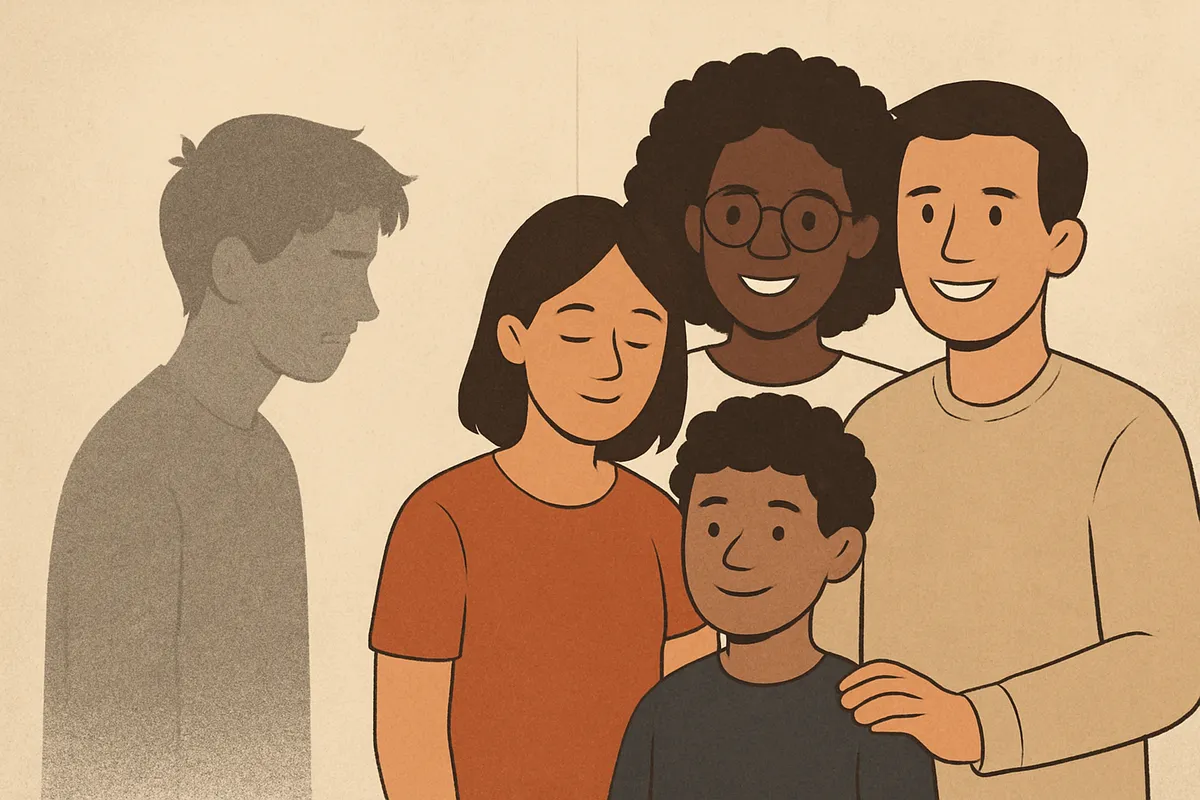What Neurodiversity Proponents Mean by “Erasure”

When proponents of neurodiversity speak of “erasure,” we’re not just being dramatic. We’re naming something very real, very pervasive — and very dangerous.
Erasure doesn’t always look like elimination. It doesn’t always sound like cruelty. It can be soft-spoken and data-driven. It can arrive dressed in concern, cloaked in public health language and armed with funding. It often comes with a smile — and a plan to help.
But at its core, erasure is this: the idea that a world with fewer autistic people is a better world.
That idea might not be stated outright. In fact, it rarely is. Instead, it’s embedded in research that frames autism as a “preventable outcome.” It’s implied in policies that seek early detection not just to support, but to intervene. It’s nestled inside education plans that reward “normal” behavior and punish difference. It’s woven into narratives that treat autistic people as burdens, tragedies or statistical risks.
Erasure is what happens when the ultimate goal is not inclusion or accommodation, but avoidance.
To those who value neurodiversity — who believe that autistic people are not broken versions of neurotypical norms, but full human beings with distinct ways of thinking, feeling and being — this mindset is not just misguided. It’s dehumanizing.
Because if autism is always framed as something to minimize, correct or eliminate, then what does that say to autistic children? What does that say to adults who’ve masked their differences for decades just to survive? What does it say about the value of their lives?
Erasure isn’t just a threat to identity. It’s a denial of belonging.
Proponents of neurodiversity don’t oppose science, support or public health. We don’t deny that autistic people often face profound challenges. What we reject is the assumption that those challenges are grounds for our nonexistence.
We want research. We want services. We want support. But we want all of those things without having to agree that our lives are mistakes.
When we say “erasure,” we don't just mean it appears as if much of the scientific community would prefer that autism be eradicated rather than stood up as a naturally occurring neurological difference.
We also mean being studied but never included. Intervened upon, but never consulted. Diagnosed, but never respected.
We mean the harm of being pathologized rather than understood — and the violence of a world that tells us, in a hundred small ways, “you shouldn’t be here.”
That’s what we mean by erasure. And that’s what we’re here to resist.